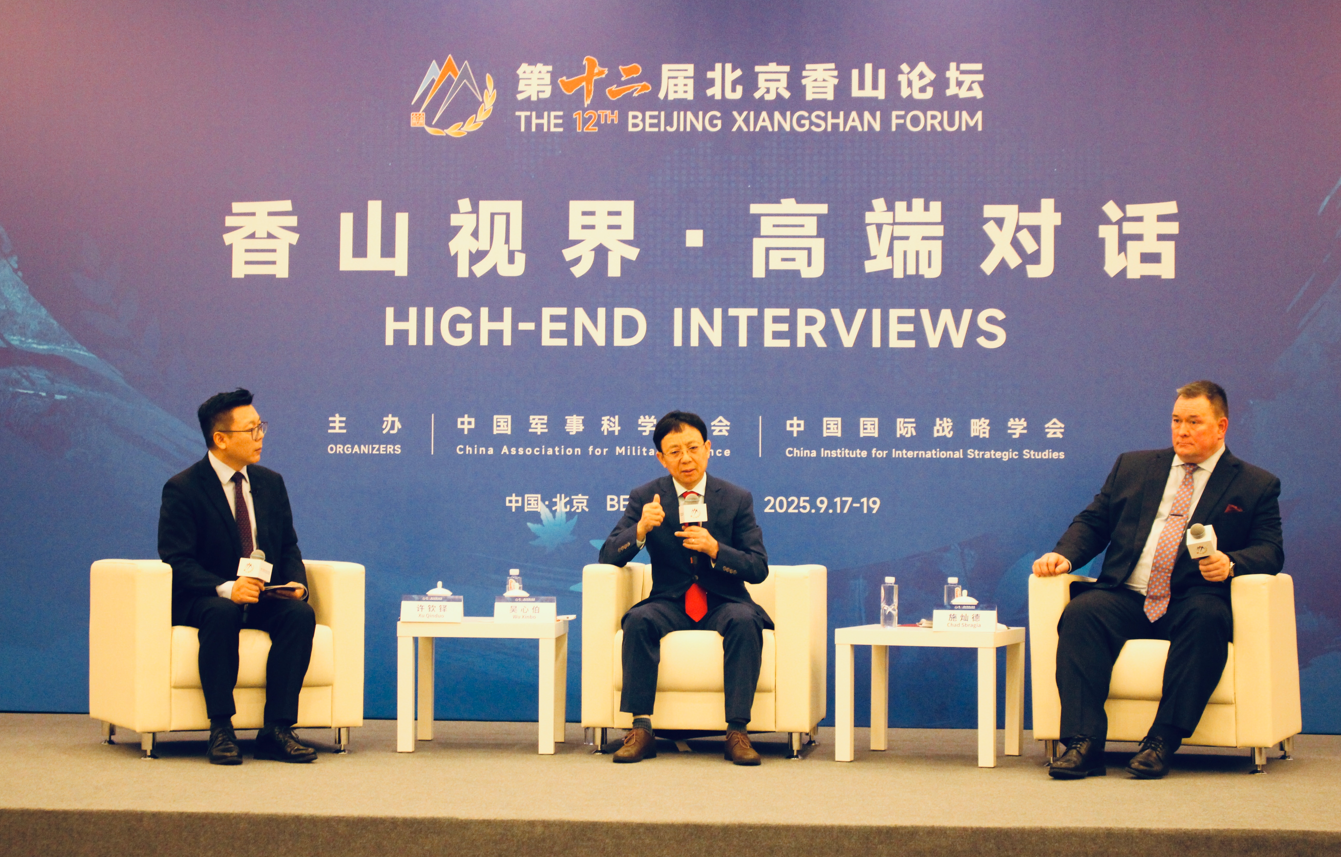
Oct 24, 2025
The 12th Beijing Xiangshan Forum was held at the Beijing International Convention Center Sept. 18-19. Professor Wu Xinbo, dean of the Institute of International Studies at Fudan University, spoke with China-US Focus editor Huang Zhijin and assessed the trajectory of Trump 2.0’s China policy. The transcript below has been edited for clarity.
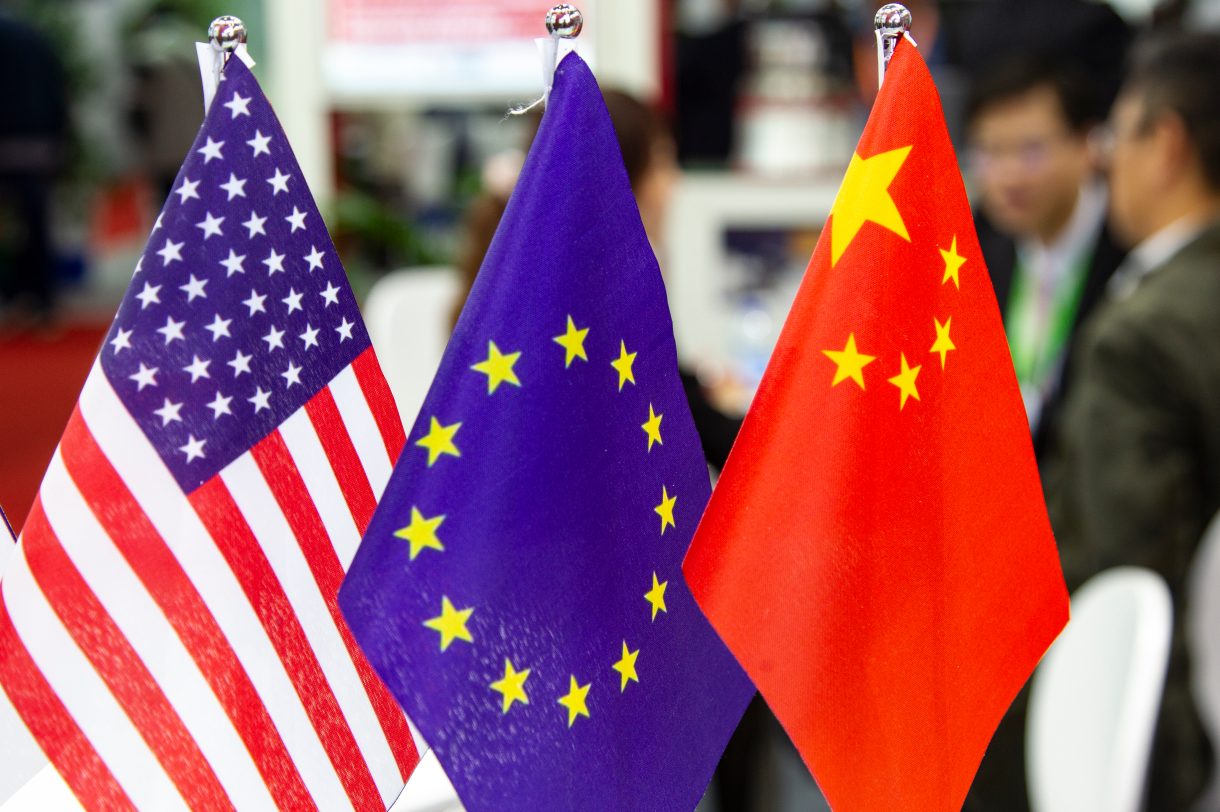
Sebastian Contin Trillo-Figueroa, Geopolitics Analyst in EU-Asia Relations and AsiaGlobal Fellow, The University of Hong Kong
Oct 22, 2025
Europe has failed to establish a coherent strategy toward China, shifting inconsistently between partnership, competition, and rivalry without defining clear objectives. Ursula von der Leyen’s 2025 State of the Union address, which omitted any substantive mention of China, marked the collapse of the EU’s China policy and exposed its strategic paralysis amid U.S. pressure and Chinese influence.
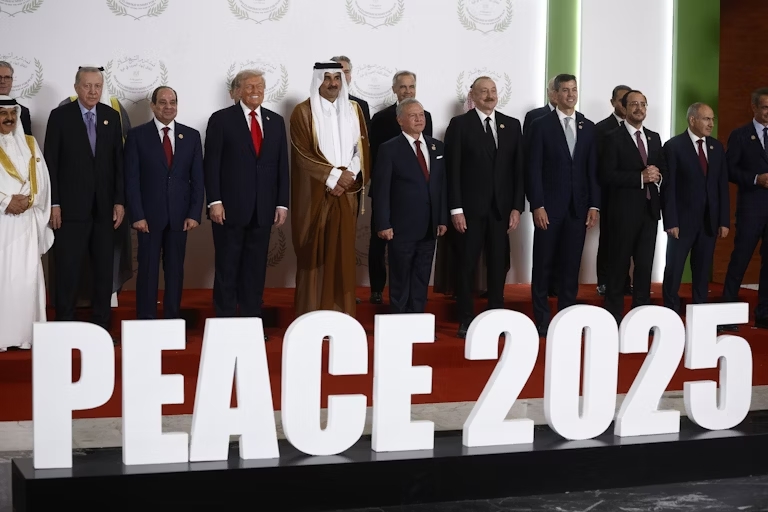
Sebastian Contin Trillo-Figueroa, Geopolitics Analyst in EU-Asia Relations and AsiaGlobal Fellow, The University of Hong Kong
Oct 17, 2025
As Trump’s administration barrels forward, what seemed like a potential era of isolation has become a series of interventions that seemingly have come with one single calculation resting on America’s peerless power.
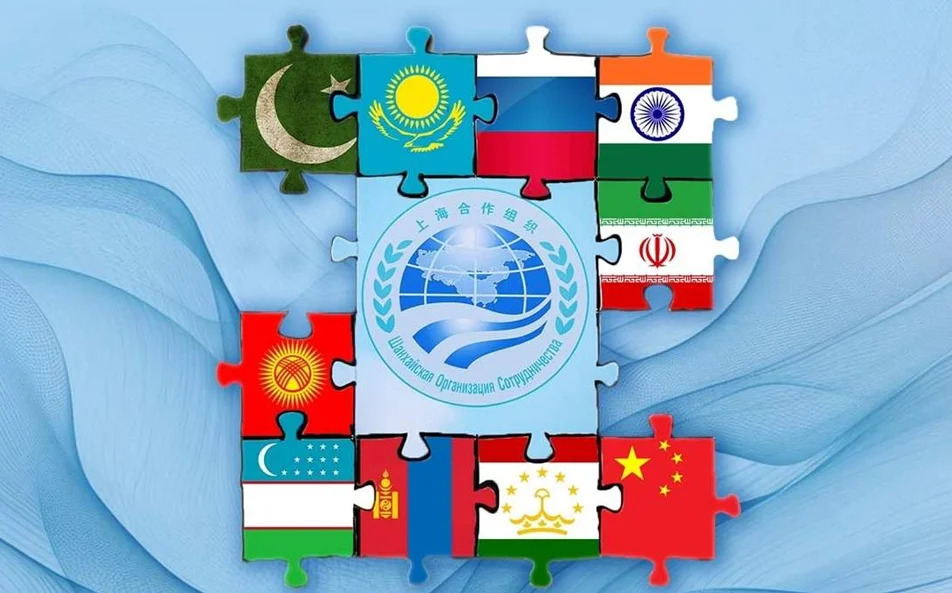
Gu Bin, Associate Professor, Beijing Foreign Studies University
Oct 09, 2025
The new way is not about dismantling anything. It simply rejects American hegemonic thinking and embraces the Oriental wisdom of consultation and co-governance. This approach, which transcends the American model, represents the future.

Oct 09, 2025
During the 12th Beijing Xiangshan Forum on Sept. 18-19 at the Beijing International Convention Center, Da Wei, Director of the Center for International Security and Strategy (CISS) and Professor of International Relations at Tsinghua University, was interviewed by China-US Focus Beijing editor Huang Zhijin. Da Wei believes that in the short term, China-U.S. relations will remain focused on maintaining stability; and as domestic political imperatives and broader global strategic considerations increasingly dominate the policy agenda, the Indo-Pacific strategy under Trump 2.0 appears to be losing substance.
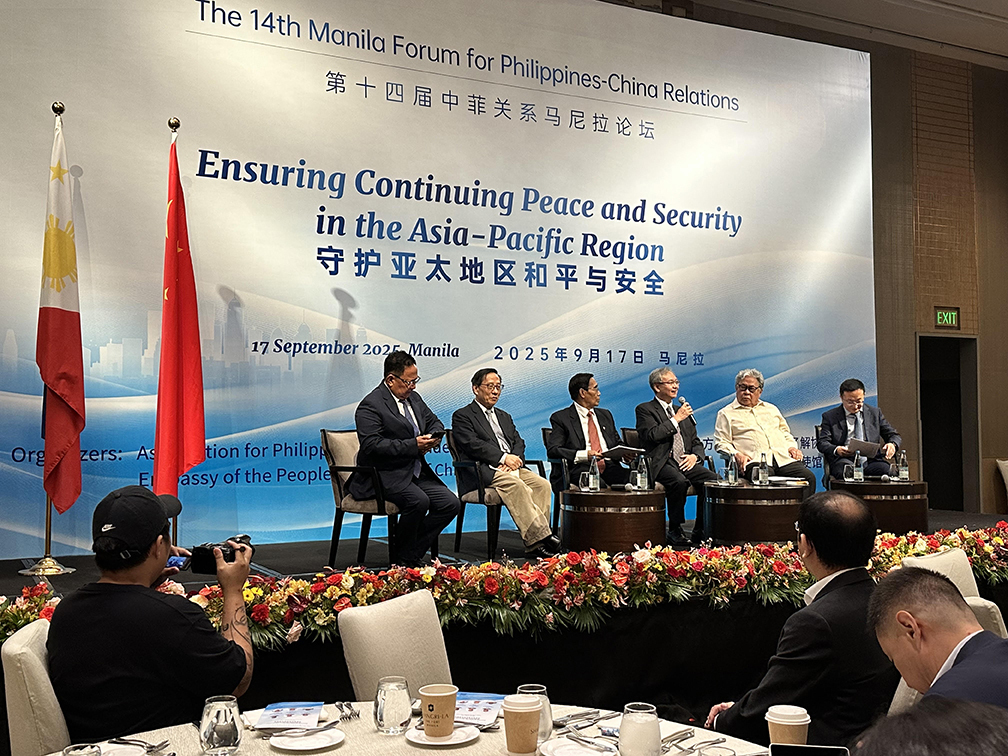
Enrico V. Gloria, Assistant Professor, University of the Philippines, Diliman
Oct 03, 2025
China’s leaders present peace as “inevitable,” yet Southeast Asia’s response is uneven, marked by cautious optimism in some quarters and deep mistrust in others. With Beijing placing neighborhood diplomacy at the heart of its foreign policy, the credibility of its peace promise is best judged through Southeast Asian perceptions and experiences.

Brian Wong, Assistant Professor in Philosophy and Fellow at Centre on Contemporary China and the World, HKU and Rhodes Scholar
Sep 30, 2025
Indonesia, born from its 1945 struggle for independence, has grown into Southeast Asia’s largest economy and a significant global player, yet remains under-discussed in high-level political discourse. Despite ongoing challenges, China and Indonesia specifically have significant potential for cooperation in trade and technology.
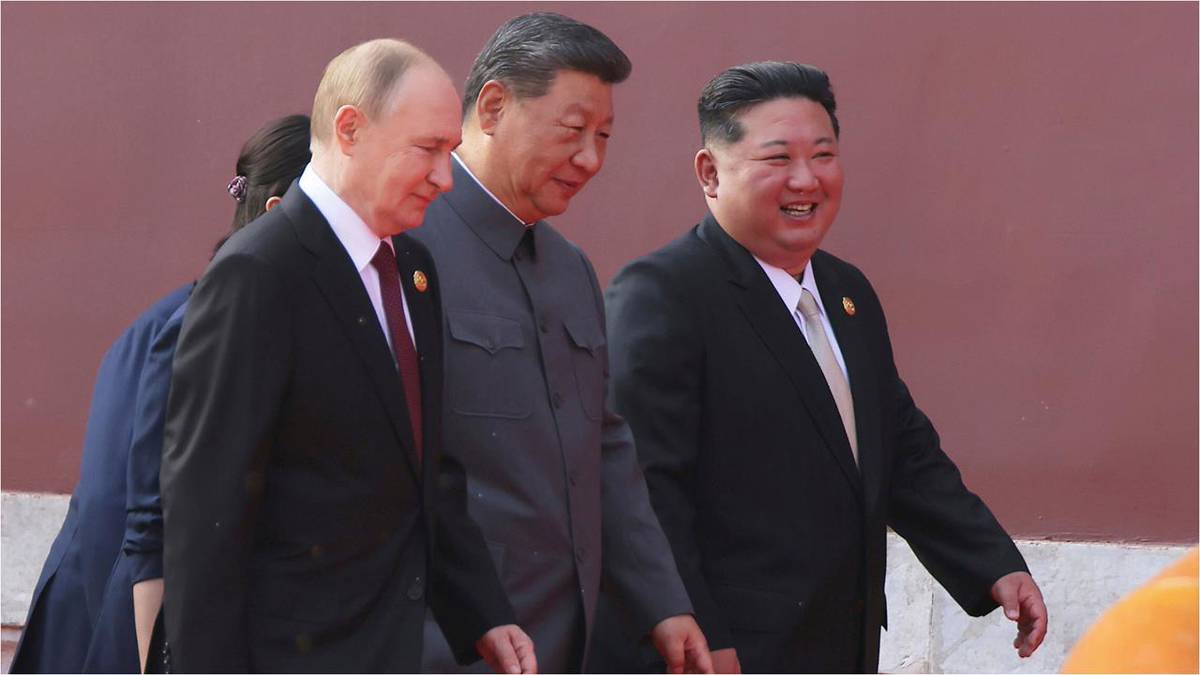
An Gang, Adjunct Fellow, Center for International Security and Strategy, Tsinghua University
Sep 30, 2025
The military parade in Beijing on Sept. 3 and the SCO summit in Tianjin elicited a profound psychological response in the United States and other Western countries. Debates over China’s strategic ascent and the prospect of a continental alignment have intensified.
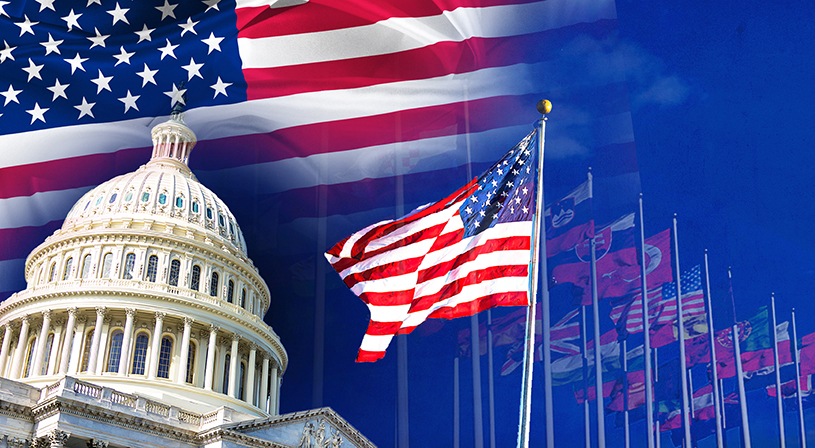
Li Yan, Director of President's Office, China Institutes of Contemporary International Relations
Sep 29, 2025
The United States faces a profound domestic governance crisis compounded by a loss of international credibility. This is undermining policy cohesion and eroding the foundation of America’s long-term strength and global influence.

Ted Galen Carpenter, Senior Fellow, Randolph Bourne Institute
Sep 26, 2025
The conduct of the Trump administration seems to show that traditional methods of keeping up appearances of cordial relations are no longer in the playbook, threatening U.S. hegemony by sabotaging its own image.
Back to Top

- China-US Focus builds trust and understanding between the U.S. and China through open dialogue among thought leaders.
- Our Offerings
- Topics
- Videos
- Podcasts
- Columnists
- Research Reports
- Focus Digest
- Stay Connected
-
Thanks for signing up!
- Get the latest stories from China-US Focus weekly.